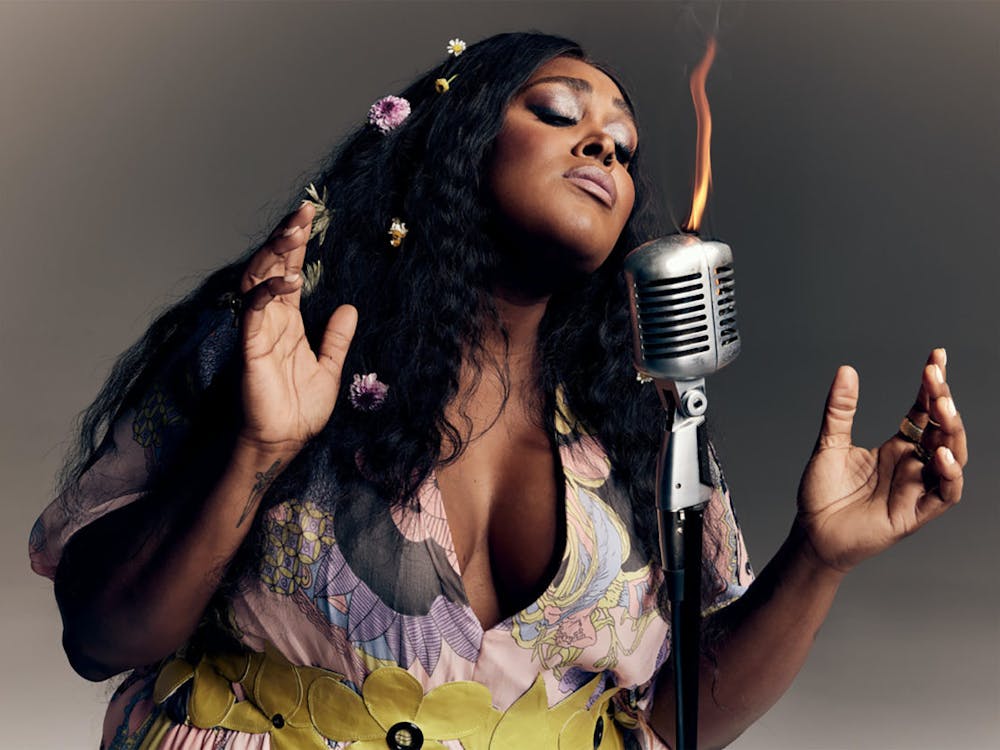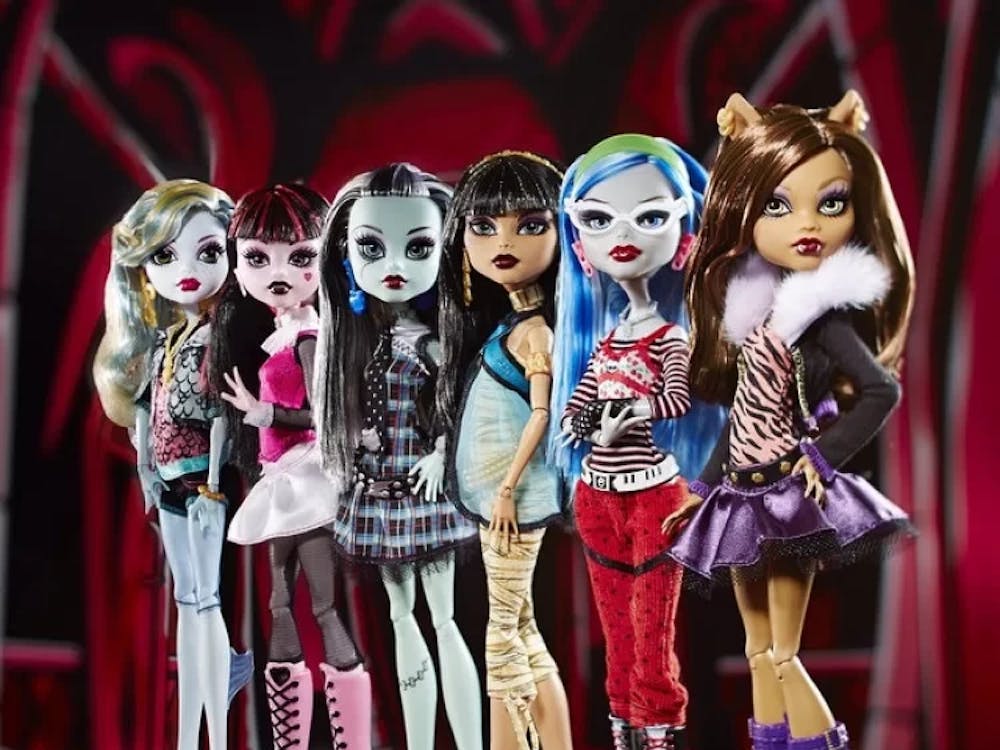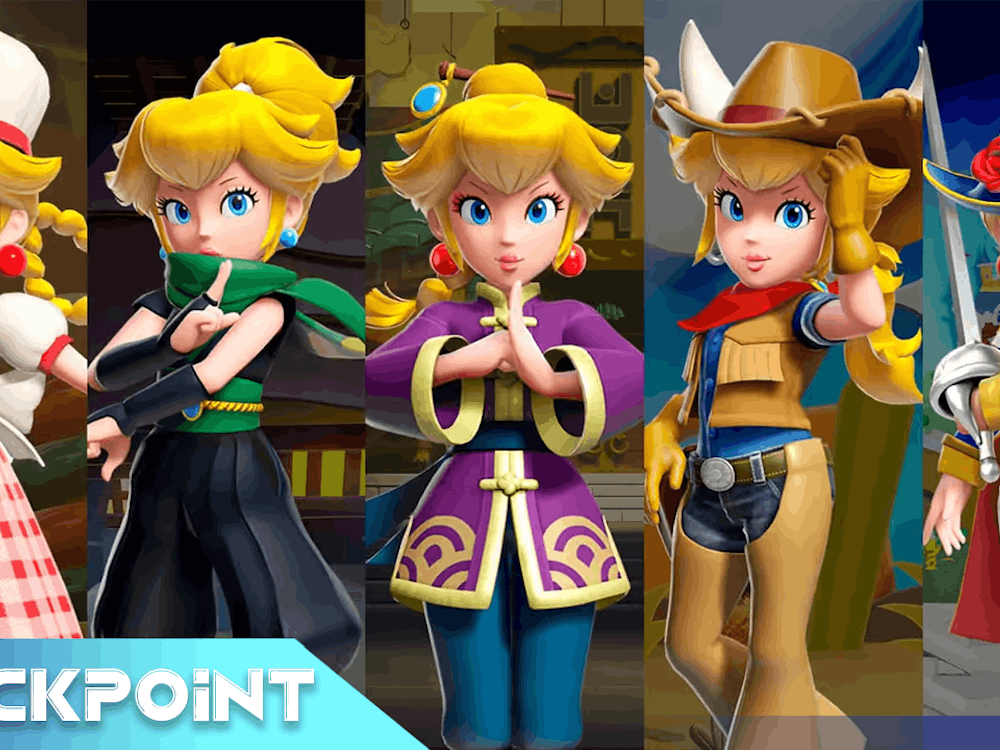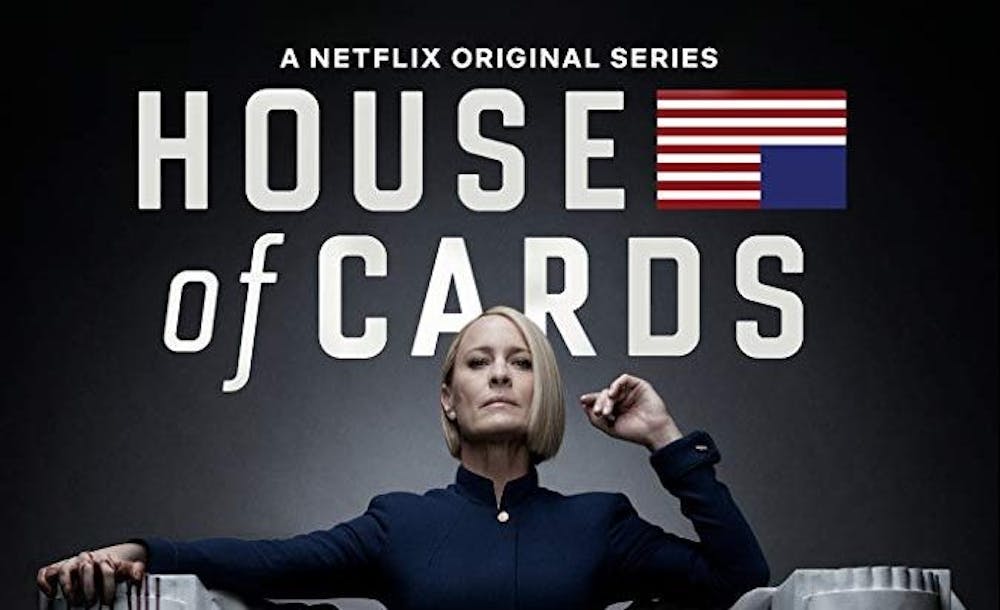Disclaimer: This review contains spoilers for House of Cards
The sixth and final season of House of Cards struggles to stay interesting after losing the star of the show. It’s hard to justify that it’s even worth the watch. Due to the sexual misconduct allegations against Kevin Spacey, who played the lead role of Frank Underwood, the producers were forced to fire him. The reigns were explicitly passed on to his character’s wife, Claire Underwood (Robin Wright), when she closed Season 5 by saying, “My turn.” The transition of leads went as well as one could expect, given the circumstances. Despite this respectable rework, Season 6 still lacked in the show’s traditionally complex schemes. To no one’s surprise, it just wasn’t the same. The disputes we had all come to know and love in this show didn’t make much of an appearance. Additionally, some problems in this season were left up in the air, while others didn’t even add up logically.
Depreciation in quality lawlessness
Season 6 did a successful job in increasing my disinterest in the inner workings of the White House. Simply put, the scandals in the show just weren’t scandalous enough. It’s even hard to regard the climactic episodes as culminating. This season features a noticeable lack of thought-provoking plot, complemented with dull motifs that showcase the season’s tediousness.

Image from IMDb
It only took about three episodes for the monotone acting to get old. Yes, it’s typical for government workers to not show much emotion, but it’s hard to ignore the dryness in most all reactions within the season. The treatment of every problem with the same sense of urgency cancels out any weight; it’s hard to tell what’s plot-changing and what’s just a side story.
Redundant interactions are another hard-to-ignore frequency. There are exceptions to everything, but there was certainly a constant pattern with Claire’s confrontations, especially those with Doug Stamper (Michael Kelly) and Annette Shepherd (Diane Lane). They begin and end the same way: friendly at first, but always concluding with a struggle for power. There’s always a kick-off with a warm welcome and usually some reminiscence of their pasts together. But there is, without fail, shade thrown and feelings hurt, followed shortly by a tense departure.
Regarding the problems that don’t seem to add up, a further explanation of Claire’s pregnancy would be greatly appreciated. That had to have been the biggest surprise factor within the entire season; it’s so wildly unexpected that it looks to be a last-minute written-in detail. Not only did it seem unnecessary in retrospect, but logically, something isn’t quite right with it. Back in Season 1, although it wasn’t explicitly stated, there were hints that Claire was going through menopause. This makes sense, as she was written in the show to be about 50 years old. It seems that the pregnancy’s significance would have to be pretty big for those obstacles to be ignored. Sure, it still played a role, but it had no extreme influence on the outcome of the show.

Image from IMDb
In this season, the truth about Frank Underwood is mentioned countless times, but never clearly stated. His past life is a frequent subject of conversation in Claire’s direct-to-camera speaking and most of the dialogue between her and everyone once affiliated with Frank. His past actions are discussed in such a way that suggests he had some master plan in life that he never followed through with. In the last episode, Doug does hint at some sort of plot to kill Claire, but it’s still distressingly vague and left for the viewers to decipher. This leaves us with a big question, which is extremely aggravating, given that it’s at the end of the show and we can never know for sure.
Plots that come full-circle are hard to come by in this season. There was major drama, but what did it add up to? There were the subjects of The Shepherd Freedom Foundation, Claire’s relationship with Doug Stamper, Claire’s duties as commander in chief, foreign affairs, everyone’s ongoing obsession with Frank’s wrongdoings and killings of reporters as well as government workers. It’s hard to distinguish whether or not these are all connected, and some of these dilemmas don’t even get resolved.
Shedding an unfamiliar light on female power

Image from IMDb
Designating Claire as the newly inaugurated President of The United States is a statement on its own. She takes the lead as the President as well as the main character of the show after her husband. This is a hard adjustment for the viewers. The shifted focus on Claire is first shown with her being granted the privilege of speaking directly to the audience, which was reserved for Frank in previous seasons. We’re also formally introduced to Claire’s past through occasional flashbacks to her childhood and teenage years. This provides not only an explanation for her personality, but also motives for her actions. The unfamiliarity of a woman taking over, taps into our subconscious uneasiness with women being in the highest leadership roles. We know we shouldn’t feel that way, and this season really conjures that self-awareness, making it a well-played card in the battle against misogyny.
In the season’s beginning episodes, Claire does all she can to make her existence as a female weapon of empowerment rather than letting it hinder her. Naturally, it doesn’t take long for Claire to get fed up with men treading on her heels and trying to direct her every move. It instills inspiration in all of us when she takes action to put an end to this. Realizing that underlying sexism is the root of governmental problems, Claire takes it upon herself to eliminate it.
In one of the greatest power moves I’ve ever seen, Claire fires her entire cabinet and replaces them with all women in Episode 5. If that wasn’t enough, she also does away with her VP, who was a little too controlling for her liking. In the following episode, Claire takes it upon herself to change the decorative theme of her room in the White House. While choosing a new drape color, she turns to the audience and makes this statement: “Out with the old, in with the new.” This is a bold statement, which is representative of every change Claire is trying to implicate. These changes instill a sense of hope for finally phasing out the notion that a man’s way of thinking is always right. This definitely serves as a redemptive aspect for this season as a whole.

Image from IMDb
There was a notable recurrence of Claire mentioning that she didn’t like being called “Madame President” at the beginning of the season. She always insisted that people address her with her first name or her married last name. That changes as she gets agitated with people’s lack of respect. Near the end of Episode 6, Annette calls Claire by her first name, to which Claire responds with the correction: “Madame President.” A small but symbolically loud corresponding detail: Claire states in the same episode that she is going to go by her maiden name once more, rather than Underwood.
Despite still having to deal with Frank’s reputation, Claire’s influence on the audience serves as the only redeeming quality for this season. It seemed as though the plots and scandals weren’t the focus of the show after all; it was the power of women’s liberation.
In retrospect, this is undoubtedly a stand-out season for the show. That’s not to say it was outstanding, but it was an interesting end to the series. Moreover, the apparent lack of thought and depth in the plot hints at the fact that it’s a good thing it ended here. Aside from that, it’s hard to wish Claire anything but success with the remainder of her presidency.

Images: IMDb
Featured Image: IMDb
For more entertainment related content, visit us at Byte BSU!
















